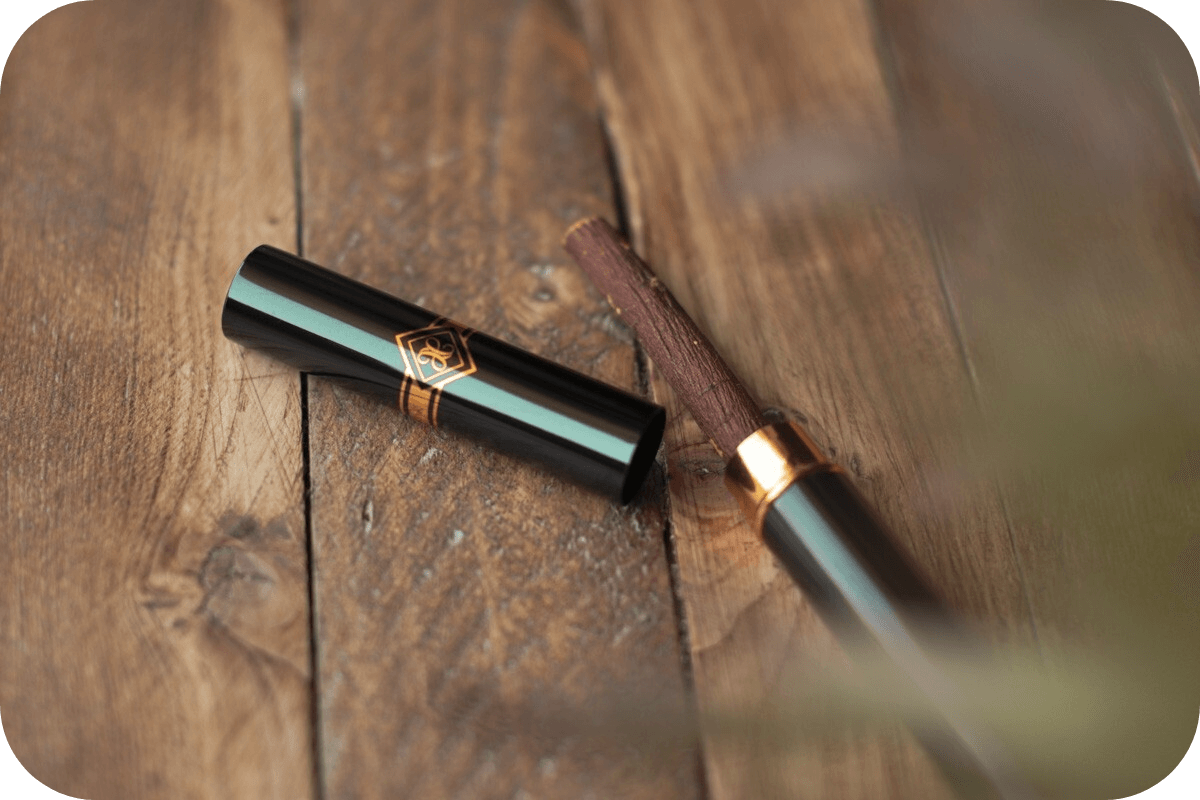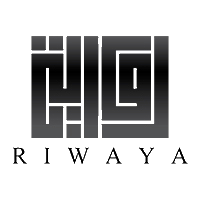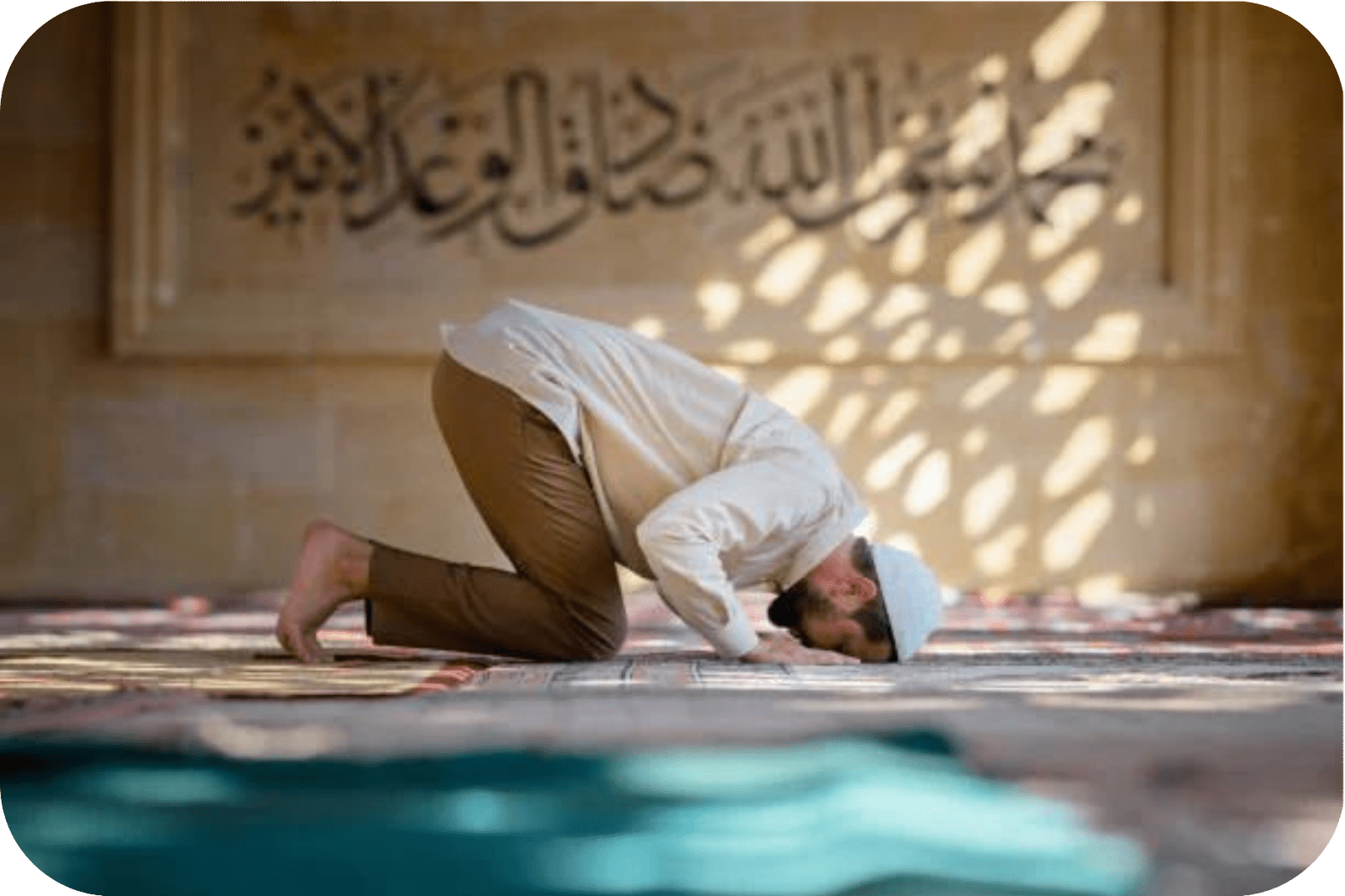- Home
-
BY CATEGORY
- BY EVENT
- Blog
-
QADR is an our custom developed gift-finder. Simply put in your filters and the Riwaya algorithm searches through our seller's products to find you your bespoke gift selections. Simply press left to add to your favourites or right to add to cart! Finding your perfect Islamic Gift has never been easier!
- Menu
- Home
-
BY CATEGORY
- BY EVENT
- Blog
-
QADR is an our custom developed gift-finder. Simply put in your filters and the Riwaya algorithm searches through our seller's products to find you your bespoke gift selections. Simply press left to add to your favourites or right to add to cart! Finding your perfect Islamic Gift has never been easier!
Facts about the Miswak
Facts about the Miswak

The Miswak, also known as Siwak, is a natural teeth-cleaning tool that has been used for centuries across various cultures. It is made from the Salvadora Persica tree, also known as the Arak tree, which is native to the Middle East and parts of Africa. In this article, we will explore list of key facts about the Miswak and also some supporting hadith on its importance.
What is Miswak?
The Miswak is a small, handheld stick obtained from the branches of the Salvadora Persica tree and has a textured bark, which serves as a natural bristle. Traditionally, the Miswak is soaked in water overnight to soften the bristles before use and was used by the Prophet Muhammad (peace be upon him) and his companions.
Top Facts about The Miswak
- A Miswak is a pencil size stick approximately 15–20 cm long
- Surprisingly, it has been used for over 7000 years! It is also known as Salvadoral Persica and has been used as a natural cleaning method for people to use on their teeth continuously throughout this time.
- Multiple studies reveal people who use Miswak require less dental care than individuals who used powder and toothpaste.
- It is an excellent cure for bad breath also known as halitosis!
- A fresh miswak can be used for a month to 40 days.
- It has anti-inflammatory effects and can work as an antioxidant
Although nowadays within the Muslim world, the miswak is commonly thought of as a solely Arabic use, the Miswak has origins throughout the world and history and is known by many other names:
- Japanese: Koyoji
- Hebrew: Qesam
- Aramaic: Qisa
- Latin: Mastic
Explore our range of Miswak sticks and experience the natural way to maintain a healthy smile!
Hadith about The Miswak
According to Islamic tradition, the usage of Miswak is highly recommended and is associated with numerous benefits. One Hadith narrated by Aisha, the wife of Prophet Muhammad, states:
“The Miswak is a purification for the mouth and a means of pleasing the Lord.”
(Al-Bukhari)
This Hadith emphasizes the importance of using the Miswak not only for oral hygiene but also for attaining spiritual purification and satisfaction.
Also the use of the miswak is further emphasised in another hadith where we learn that it is the Prophets (saw) compassionate nature and concern of not overburdening the ummah that prevented him from making it compulsory, as the Prophet Muhammad (peace be upon him) said:
“if it were not that it would be difficult on my nation, then I would have ordered them to use the siwak for each prayer.”
(Jami at Tirmidhi)
Conclusion
The Miswak, with its natural bristles and oral health benefits, serves as an extraordinary tool for maintaining oral hygiene. Its ecological friendliness, cost-effectiveness, and additional analgesic properties make it a unique choice for oral care. As highlighted by the Hadith, the usage of Miswak holds significance not only in the physical realm but also in the spiritual aspect.
Buying at Riwaya
Here at Riwaya, we are looking to always partner with sellers that provide the Muslim community with the best products on the market that fit their religious and ethical values to create the world’s best premium online Islamic marketplace. You can find out more about us here.
FAQs
Q1: Is using miswak sunnah?
Yes, Siwak is sunnah. Prophet Muhammad PBUH said 'Siwak cleanses the mouth and pleases the Lord. ' (Sahih al Bukhari)
Q2: How to use miswak for teeth cleaning?
Start by casting a small part of the stick (the hard part), then slowly chew it. Once it becomes softer and unleashes a bitter taste, brush your teeth with it. Rinse your mouth after brushing with water to remove any debris.
Q3: What are the benefits of Miswak for teeth?
In addition to removing plaque from teeth, miswak strengthens gums and eliminates bad breath
Q4: How often should one use miswak?
It was the practice of Prophet Muhammad PBUH to use miswak before sleeping, after waking, after entering the house, before and after meals, and before praying and reciting verses of the Quran.
About the shop
Customer
- Contact Us
- FAQs & Returns
- Blog
- Riwaya Community
- Seller Login
- Shipping
- Sign in
- Register
save favourites, carts, and get a more personalised experience
OR
About Riwaya
- About Us
- Terms & Conditions
- Privacy Policy
- Sell With Us
- Sitemap
- Prayer Timetables
- Sign in
- Register
save favourites, carts, and get a more personalised experience
OR
Newsletter
© 2020 - 2024 Riwaya. Powered by Riwaya



